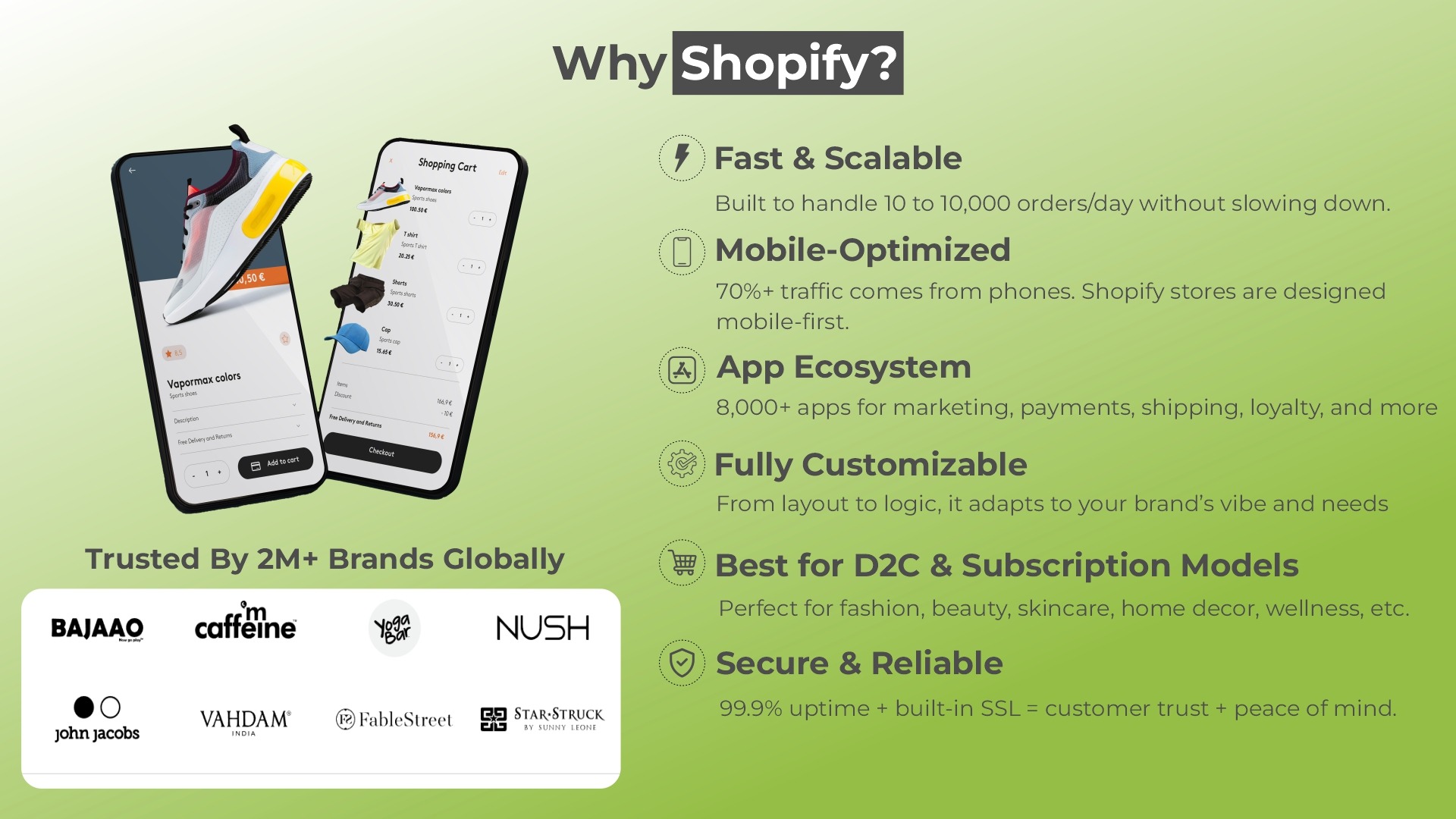What are the pros and cons of Shopify for online businesses: In the world of eCommerce, Shopify has emerged as one of the most popular and powerful platforms for launching and managing online stores. Whether you are a small business owner or running a large-scale enterprise, Shopify offers tools and features that can help you sell products globally. However, like any platform, it has its strengths and weaknesses.

In this article, we will explore the pros and cons of Shopify so you can decide if it’s the right choice for your business.
Pros of Shopify for Online Businesses
1. Easy to Use
Shopify’s user-friendly interface allows even non-technical users to set up and manage their stores without coding knowledge. From product uploads to order tracking, everything is intuitive.
2. Mobile-Friendly Stores
With the majority of customers shopping via smartphones, Shopify ensures that your online store is responsive and mobile-optimized.
3. Wide Range of Themes
Shopify offers professional themes—both free and paid—that help create visually appealing online stores tailored to your brand identity.
4. Secure and Reliable
Security is critical in eCommerce. Shopify comes with SSL certification, PCI compliance, and reliable hosting to keep your customer data safe.
5. Built-in Payment Options
Shopify Payments and integration with multiple payment gateways make transactions seamless for customers worldwide.
6. App Integrations
The Shopify App Store offers thousands of plugins to extend your store’s functionality—covering marketing, SEO, shipping, inventory management, and more.
7. Scalability
Whether you start small or plan to expand, Shopify can handle growing traffic and product catalogs without performance issues.
Cons of Shopify for Online Businesses
1. Monthly Subscription Costs
Shopify operates on a subscription basis, and costs can add up, especially when adding premium apps and themes.
2. Transaction Fees
If you don’t use Shopify Payments, additional transaction fees apply for each sale.
3. Customization Limitations
While Shopify offers customization, advanced changes may require coding in Liquid, Shopify’s proprietary language, which can be complex for beginners.
4. App Dependency
Many advanced features require third-party apps, which may increase costs and make your store dependent on multiple vendors.
5. Blogging Limitations
Shopify’s blogging feature is functional but less powerful compared to platforms like WordPress for content marketing.
Conclusion
Shopify is a robust and reliable platform for building online stores, offering ease of use, scalability, and excellent security. It’s perfect for entrepreneurs who want a ready-to-go solution without worrying about hosting or complex coding. However, the recurring costs and app dependencies should be considered before making a decision.
If you want to unlock the full potential of Shopify for your online business, professional development and optimization are key.
That’s where Digiwish comes in. As the Best Shopify Development Company in India, Digiwish specializes in creating high-converting, fully optimized Shopify stores tailored to your brand’s vision. From store setup to custom features, Digiwish ensures your eCommerce journey is smooth, scalable, and profitable.
Best Shopify development company In India, Shopify Website Development, Shopify website developer, Shopify web developer, Shopify web development
